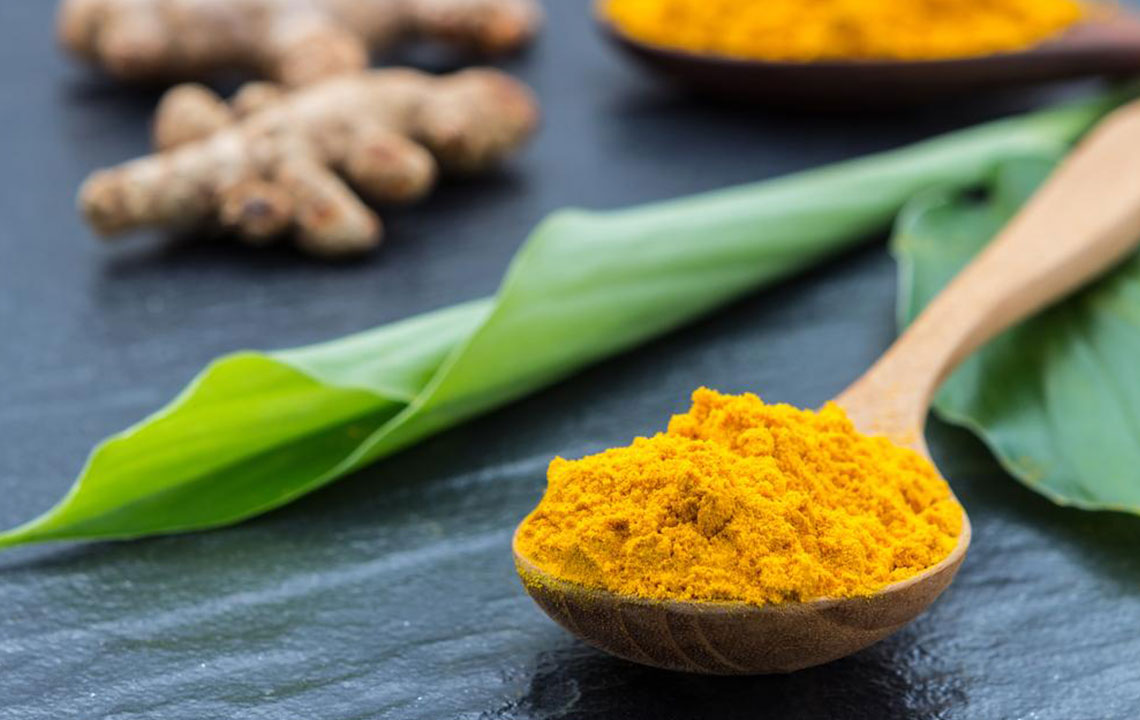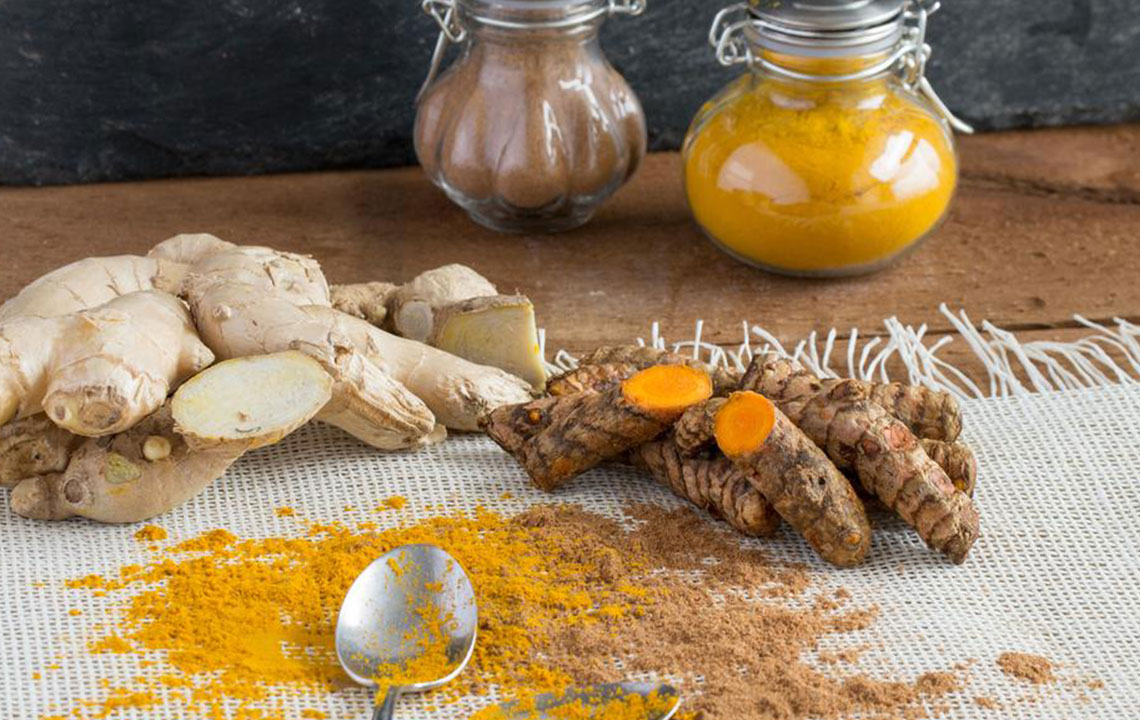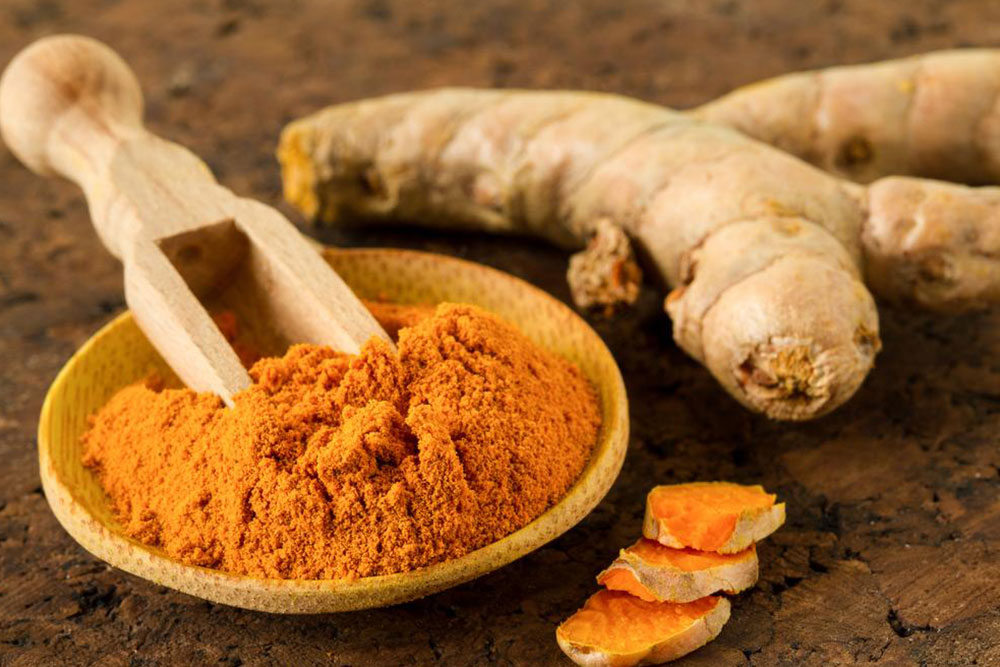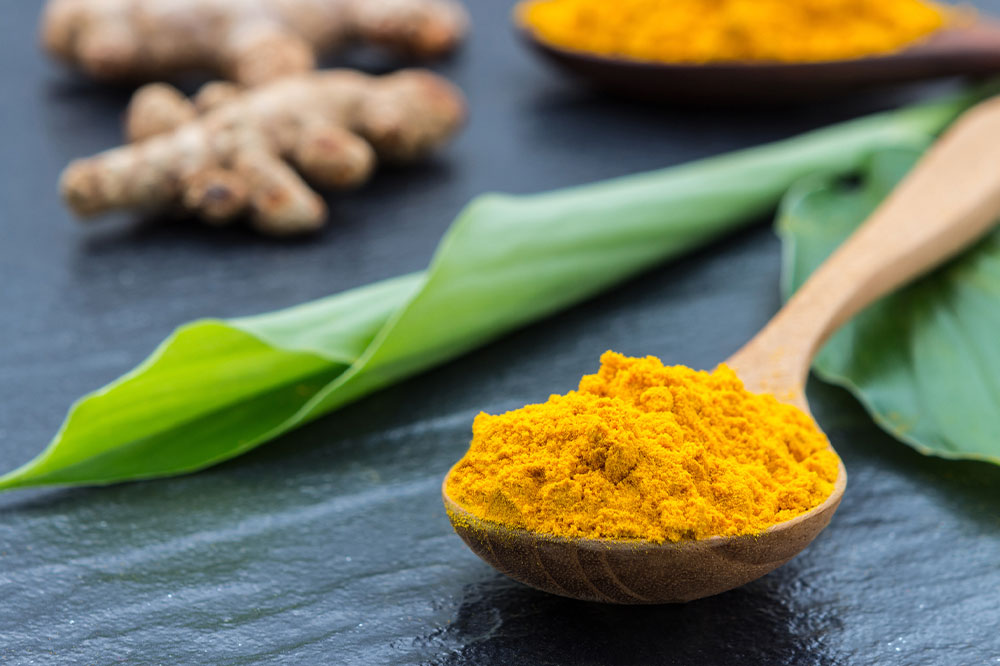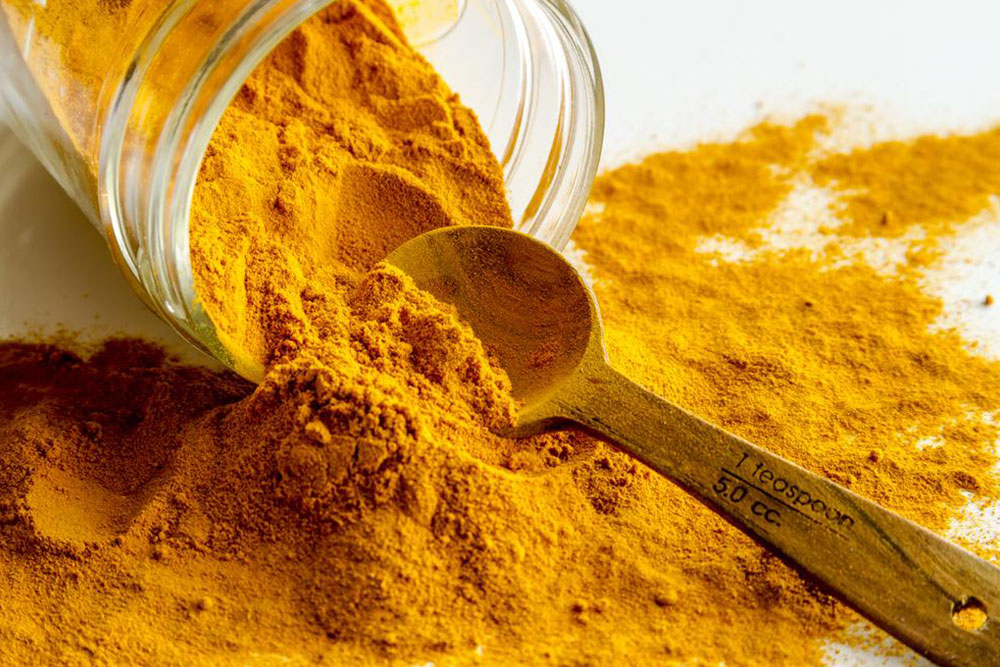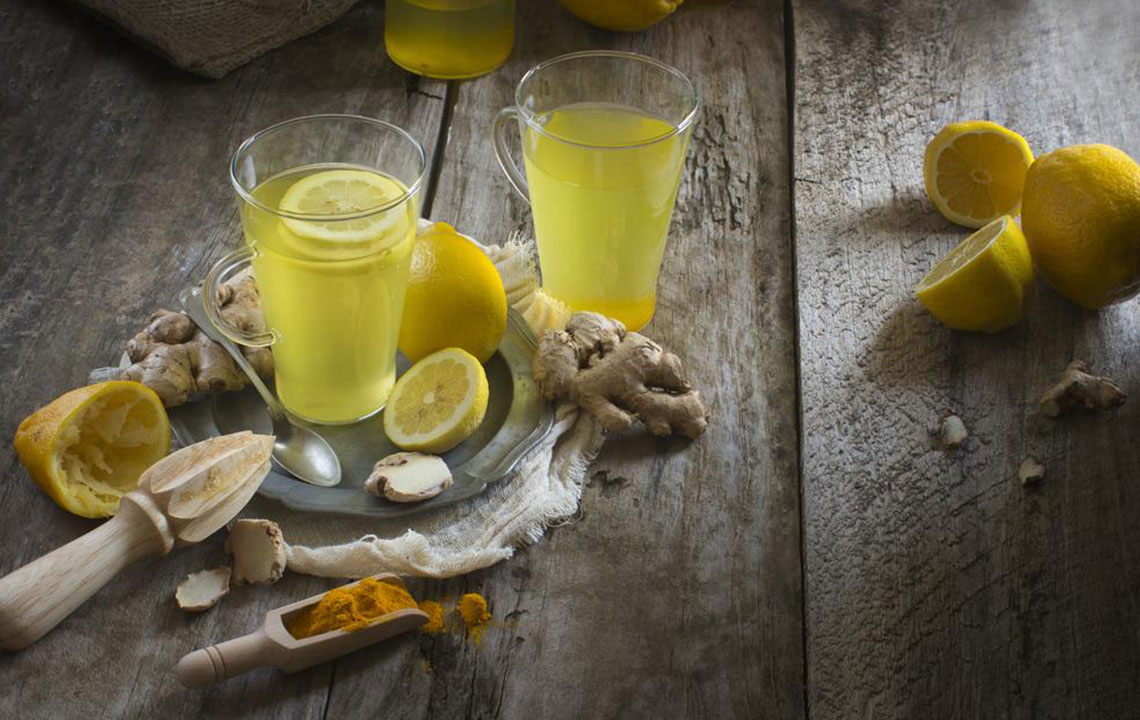Unlocking the Benefits of Turmeric and Curcumin for Your Health
Explore the extensive health benefits of turmeric and curcumin, natural compounds renowned for their anti-inflammatory, antioxidant, and disease-preventing properties. This comprehensive guide details their origins, uses, and how to incorporate them into your daily routine to enhance well-being and support overall health.
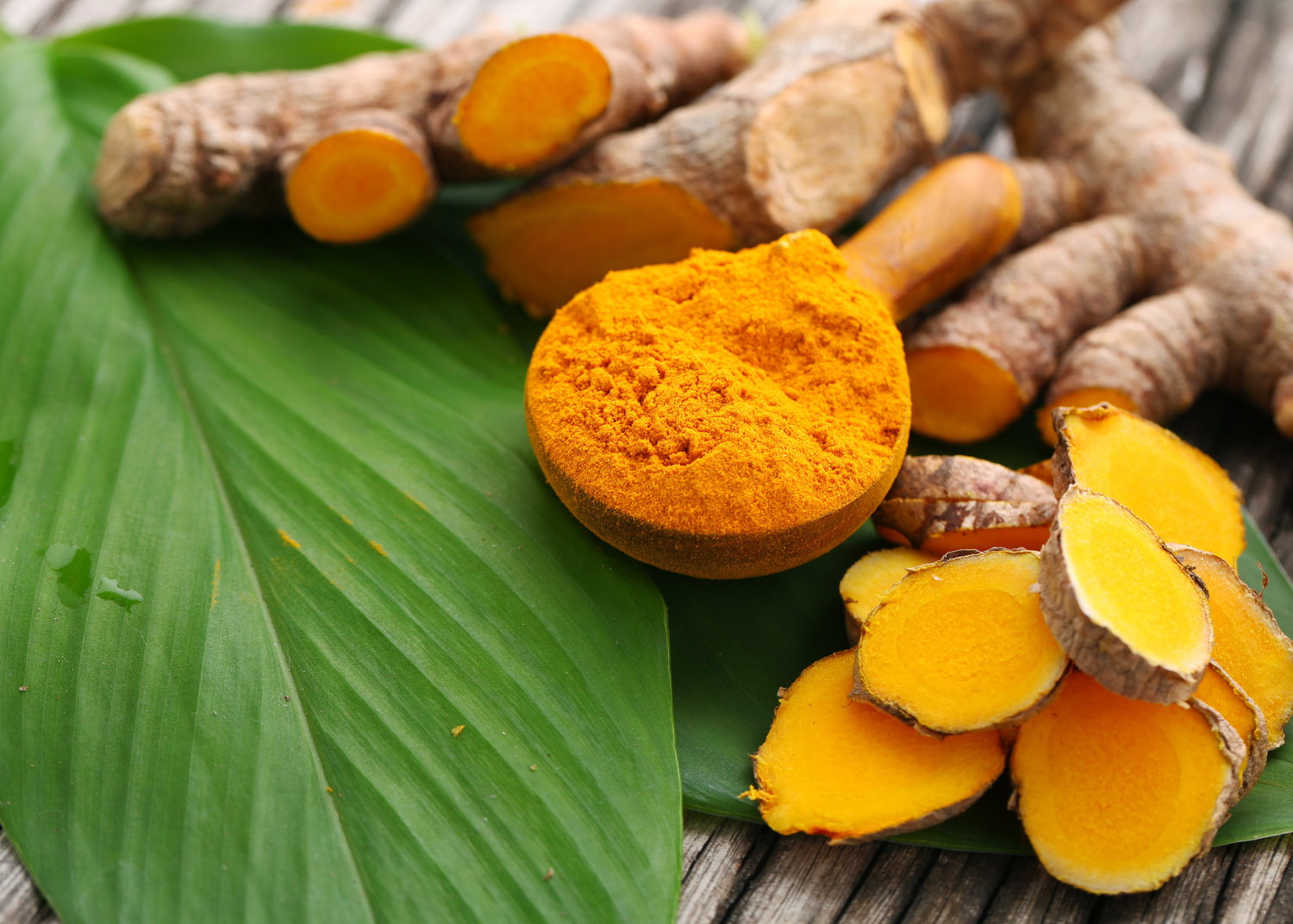
The Potential Health Power of Turmeric and Its Key Compound Curcumin
Introduction to Turmeric and Its Active Compound Curcumin
Turmeric has long been revered around the world as a versatile spice and a powerful natural remedy. This golden-yellow root, native to South Asia, has gained significant popularity not only for its distinct flavor but also for its impressive health benefits. Central to its medicinal properties is a compound called curcumin, which has been extensively studied for its ability to promote health and prevent disease. As modern science continues to explore its potential, more individuals and healthcare practitioners are advocating for the inclusion of turmeric in daily diets as a natural way to boost overall well-being.
What Is Turmeric?
Turmeric is a vibrant, golden-yellow spice derived from the rhizome of the Curcuma longa plant, which belongs to the ginger family.
It has a warm, earthy flavor with a slight bitterness, making it a fundamental ingredient in a variety of culinary traditions worldwide, especially in Indian, Middle Eastern, and Southeast Asian cuisines.
Beyond culinary uses, turmeric has been cherished for centuries in traditional medicine systems such as Ayurveda and Traditional Chinese Medicine for its healing properties. It’s used to treat a wide range of ailments, from digestive issues to skin conditions. Modern research increasingly supports these traditional claims, highlighting the potential health advantages of this ancient spice.
Turmeric is not just a culinary spice; it offers numerous medicinal benefits due to its rich content of bioactive compounds.
The primary active compound responsible for its health-promoting effects is curcumin, which gives turmeric its distinctive yellow color.
Understanding Curcumin
Curcumin is a natural polyphenol chemical compound found predominantly in turmeric, often used interchangeably with the spice itself.
This bright yellow pigment is the key compound that imparts turmeric's characteristic hue and therapeutic properties.
Curcumin is extensively used as an herbal supplement, a natural food additive, and even in cosmetics for its antioxidant qualities.
It is extracted from the dried rhizome of turmeric and constitutes approximately 2% to 5% of its natural composition.
Turmeric cultivation is primarily concentrated in Southeast Asia, especially in countries like India, which is the largest producer, followed by China and various regions in Africa. Although wild turmeric is not commonly found in nature, cultivated varieties are widely grown, primarily for culinary and medicinal purposes. It's readily available as ground turmeric powder in Asian markets across the globe, making it a staple in many kitchens.
Health Benefits of Turmeric and Curcumin
While turmeric is popularly used to enhance dishes' flavor and color, its health benefits are gaining recognition worldwide.
Both turmeric and curcumin are rich sources of curcuminoids, especially curcumin, which exhibits potent anti-inflammatory properties.
Curcumin boosts the body’s antioxidant capacity, helping to neutralize free radicals and reduce oxidative stress, which is linked to aging and chronic diseases.
Research indicates that regular intake may support brain health, potentially reducing the risk of neurodegenerative disorders like Alzheimer’s disease.
Emerging studies suggest that turmeric might promote cardiovascular health by improving blood circulation and reducing inflammation in blood vessels.
Preliminary evidence points to potential anti-cancer properties, with some studies showing that curcumin can interfere with the growth of cancer cells and enhance the effectiveness of chemotherapy.
People suffering from arthritis often report relief from joint pain and stiffness after incorporating turmeric into their diets, thanks to its anti-inflammatory effects.
Recent research is exploring the role of curcumin in lowering the risk of Alzheimer’s disease, with promising results, though further scientific validation is needed.
Potential Side Effects and Precautions
Although considered safe when consumed in moderate amounts through food, high doses of turmeric or curcumin supplements might cause gastrointestinal issues such as nausea, indigestion, and diarrhea.
Some individuals might develop allergic reactions, resulting in skin rashes or other sensitivities.
People on blood-thinning medications or with gallbladder issues should consult their healthcare provider before adding high doses of turmeric or curcumin supplements to their diet.
How to Incorporate Turmeric Into Your Daily Diet
Start your mornings with a warm turmeric milk or “golden milk” by mixing a teaspoon of turmeric powder into warm milk, adding honey or spices such as cinnamon for flavor.
Create a health-boosting tea by combining turmeric with ginger, lemon, and honey.
Add turmeric powder to vegetable stir-fries, curries, or rice dishes to enhance flavor and nutritional value.
Mix turmeric with raw honey or apple cider vinegar to make natural remedies for colds and sore throats.
Sprinkle turmeric over roasted vegetables, eggs, or salads for a nutritious boost.
Embracing the natural healing properties of turmeric and curcumin can significantly contribute to your overall health. Regular inclusion in your diet, combined with a balanced lifestyle, offers a natural approach to preventing disease and promoting vitality. As research continues to uncover new benefits, incorporating this vibrant spice may become one of your simplest, most effective wellness strategies.
